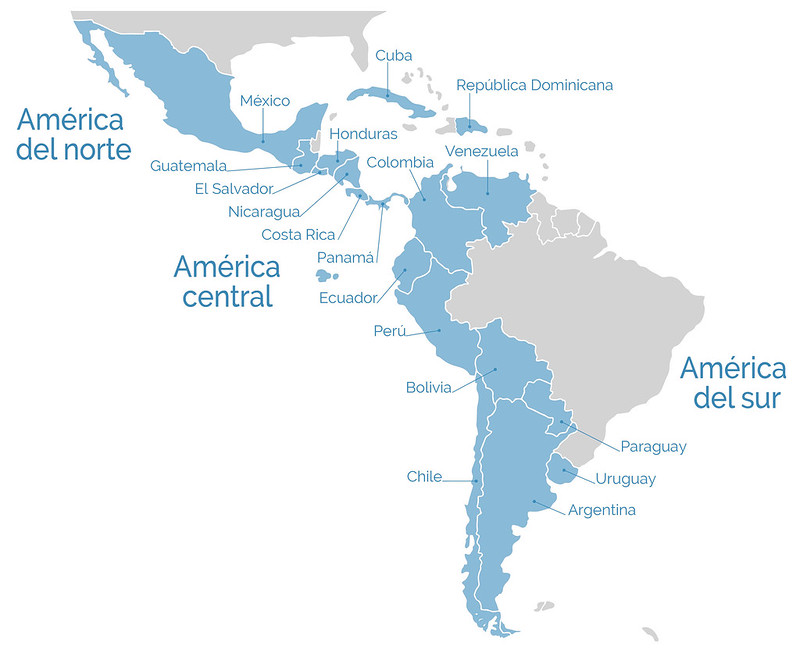PEDIR INFORMACIÓN SOBRE EL ORIGEN / ASKING ABOUT ORIGINS
To ask about where someone or something is from, we use the interrogative phrases ¿de dónde? o ¿de qué país?
–¿De dónde eres?
–Soy de Portugal, soy portuguesa.
–¿De qué país eres?
–Soy de Portugal, soy portuguesa.
IDIOMAS / LANGUAGES
The names of languages are the same as the adjectives used to describe nationalities.
- Soy de España, soy español, hablo español.
- Soy de Francia, soy francés, hablo francés.
- Soy de Inglaterra, soy inglés, hablo inglés.
- Soy de México, soy mexicano, hablo español.
PEDIR INFORMACIÓN SOBRE LA CANTIDAD / ASKING ABOUT QUANTITY
To ask for information about quantities, we use ¿cuánto?, ¿cuántos?, ¿cuánta?, ¿cuántas?
- ¿Cuántas lenguas hablas?
| INTERROGATIVOS / INTERROGATIVES | |
| LUGAR / PLACE | ¿dónde? |
| LUGAR DE ORIGEN / PLACE OF ORIGIN | ¿de dónde? |
| CANTIDAD / QUANTITY | ¿cuánto/a/os/as? |
PEDIR ESPERAR / ASKING SOMEONE TO WAIT
To ask someone to have patience and wait a moment, we use the expression un momento.
- Un momento, por favor.
To indicate where something is we use the verb estar.
- Argentina está en América del Sur.
- España está en Europa.
FÓRMULA DE CORTESÍA PARA PEDIR ALGO / ASKING FOR SOMETHING: EXPRESSION OF POLITENESS
When asking someone for something, we use the polite expression por favor.
LUGARES DEL MUNDO EN LOS QUE SE HABLA ESPAÑOL / PLACES IN THE WORLD WHERE SPANISH IS SPOKEN
Do you know in what Latin American countries Spanish is spoken? We show you here.

 |
Now check to see that you’ve learned the expressions in this section well by completing the exercises. |
